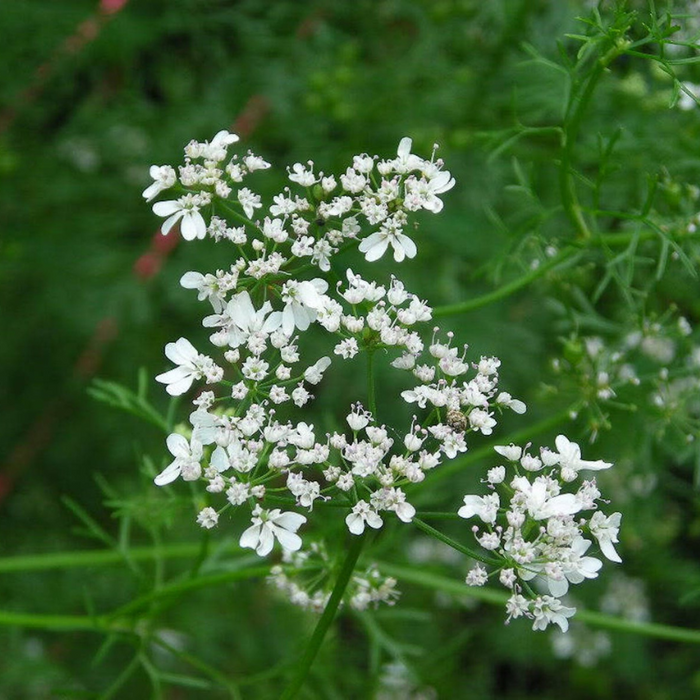
Cilantro Herb Seeds
Save 50%
Original price
$10.00
Original price
$10.00
-
Original price
$10.00
Original price
$10.00
Current price
$4.99
$4.99
-
$4.99
Current price
$4.99
Create a garden variety with our Cilantro Herb Seeds. These seeds yield cilantro plants that blend seamlessly with other herbs, allowing you to create a mixed and flavorful herb garden. Grow this versatile herb for a reliable and flavorful addition to your kitchen, ensuring a constant supply of freshness for your favourite recipes. Cultivate cilantro for its fragrant leaves, adding a pleasant aroma to your garden
Details:


